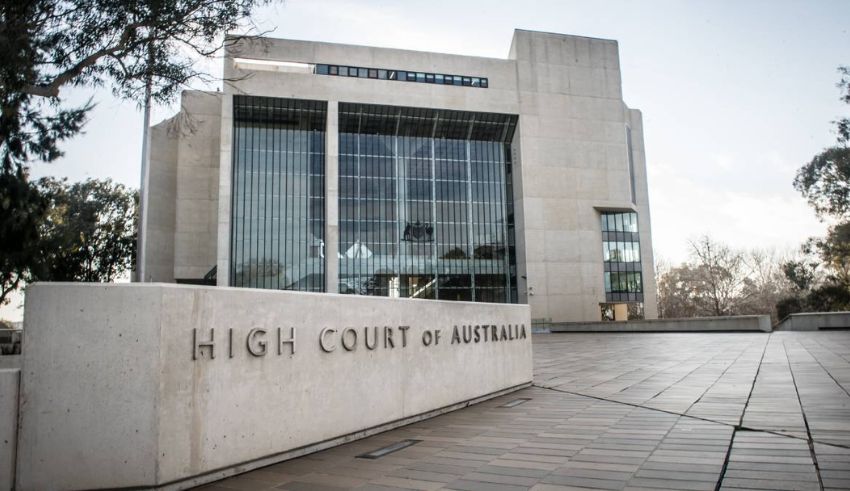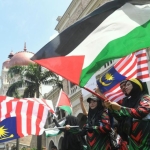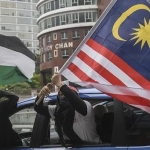
In a recent twist of fate, the Australian High Court’s decision has cast a spotlight on the labyrinth of immigration detention policies, with the release of Sirul Azhar Umar, a former Malaysian bodyguard entangled in a politically charged murder case. This development not only peels back the layers within Australia’s immigration system but also unravels threads of diplomatic tension between Australia and Malaysia.
Sirul Azhar Umar, once the trusted protector of Malaysia’s former Prime Minister Najib Razak, had been held in Australian immigration detention since 2019. The Australian government’s steadfast refusal to repatriate him to Malaysia, citing concerns about the death penalty awaiting him, has added a layer of complexity to his already tumultuous fate.
The recent High Court ruling, orchestrating Sirul’s release, brings not only his story but also the stories of numerous individuals in indefinite immigration detention to the forefront. This decision raises questions about Australia’s approach to deportations involving individuals facing capital punishment in their home countries, creating ripples that extend far beyond the confines of detention centers.
The Case’s Details
Stephen Donaghue, the solicitor general, identified 92 individuals potentially affected by the High Court decision. However, this number is acknowledged to be an incomplete snapshot, highlighting the intricate nature and vastness of the situation. Among these 92 individuals, alarming details emerge, with over half having their visas canceled due to serious criminal concerns, a revelation embedded in the documents presented during the case proceedings.
The documents also illuminate the prolonged plight of 78 individuals owed protection, some enduring detention periods that stretch beyond a decade. Responding to the pleas of long-term detainees and advocates, the Australian government has initiated the release of individuals from indefinite detention, marking a notable shift in its immigration policies.
Keep Reading
Approximately 50 people, including those held at Yongah Hill and Villawood detention centers, have been released in response to the High Court decision. Yet, concerns linger about the support provided to these released individuals, with some left in hotels without adequate assistance, potentially setting the stage for formidable challenges in navigating their newfound circumstances.
Sanmati Verma, acting legal director at the Human Rights Law Centre, emphasizes the diverse needs of released individuals and underscores the urgency of regularizing their status. This urgency is critical to prevent destitution and mitigate the risk of re-detention by authorities unfamiliar with the intricacies of each case.
Sirul Azhar Umar’s release unfolds against the backdrop of heightened scrutiny on Australia’s immigration detention policies and their profound impact on the well-being of asylum seekers. This situation not only adds layers of complexity to ongoing diplomatic tensions but also shines a light on the broader implications of Australia’s stance on deportations involving individuals facing the death penalty in their home countries.
As discussions unfold on immigration detention policies, the fate of those affected by the High Court decision remains uncertain. Balancing imperatives of community safety with upholding human rights standards in the immigration system presents intricate challenges for the Australian government, law enforcement agencies, and advocates alike. The reverberations of this complex scenario are likely to echo in the ongoing discourse surrounding immigration, asylum, and diplomatic relations.


























